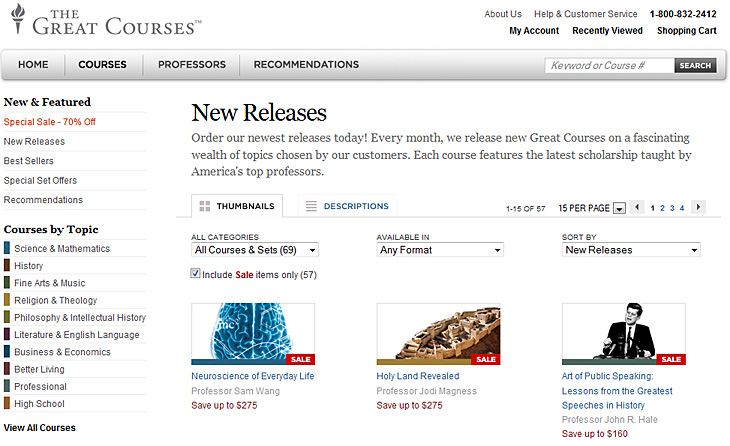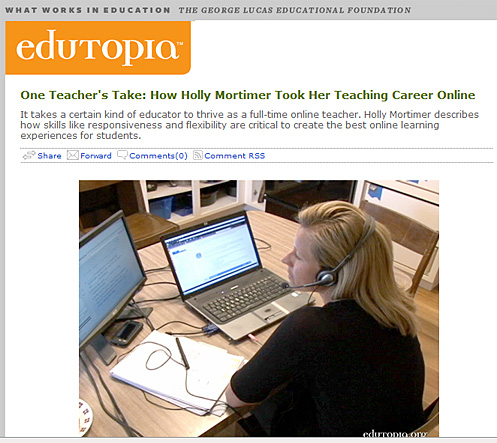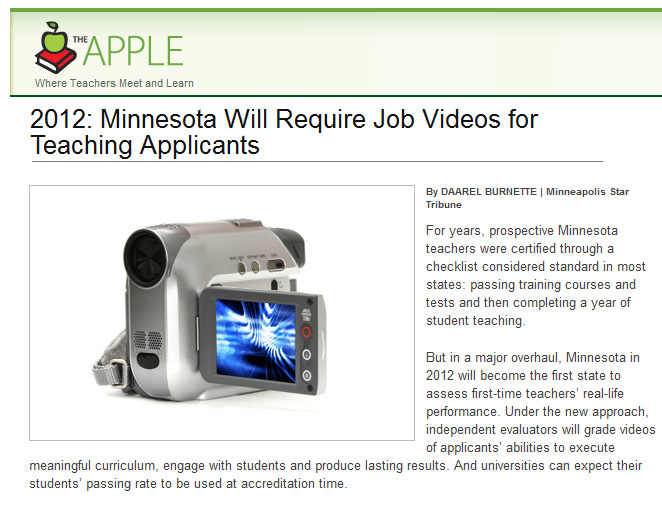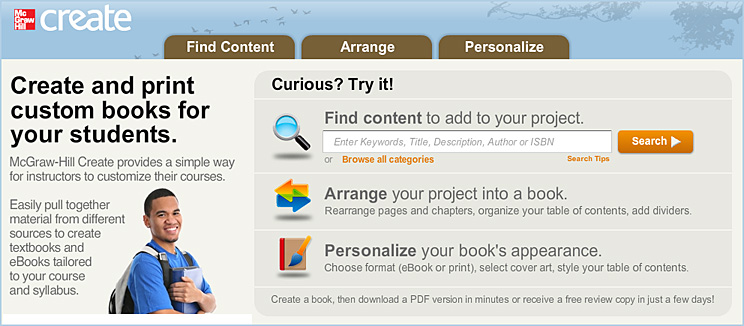Teacher Ratings Get New Look, Pushed by a Rich Watcher — from the NY Times, by Sam Dillon
PRINCETON, N.J. — In most American schools, teachers are evaluated by principals or other administrators who drop in for occasional classroom visits and fill out forms to rate their performance.
The result? More than 9 out of 10 teachers get top marks, according to a prominent study last year by the New Teacher Project, a nonprofit group focusing on improving teacher quality.
Now Bill Gates, who in recent years has turned his attention and considerable fortune to improving American education, is investing $335 million through his foundation to overhaul the personnel departments of several big school systems. A big chunk of that money is financing research by dozens of social scientists and thousands of teachers to develop a better system for evaluating classroom instruction.
The effort will have enormous consequences for the movement to hold schools and educators more accountable for student achievement.
…
The meticulous scoring of videotaped lessons for this project is unfolding on a scale never undertaken in educational research, said Catherine A. McClellan, a director for the Educational Testing Service who is overseeing the process.
By next June, researchers will have about 24,000 videotaped lessons. Because some must be scored using more than one protocol, the research will eventually involve reviewing some 64,000 hours of classroom video. Early next year, Dr. McClellan expects to recruit hundreds of educators and train them to score lessons.
From DSC:
I never want to come across as bashing teachers…no way! In fact, I give the teachers of this land an enormous amount of credit. I think the agendas being thrust upon them are often too numerous to meet. How can one person keep track of — and spend enough individual time with — 26 kids at a time while also addressing the varied requests/agendas of the local school board, the parents, the administration, instructional technologists (like me), etc. I’m not sure it can be done — at least not the way we have things set up. We need to move more towards the use of educational technologies to offer more personalized, customized learning experiences that can help the teachers — and the students — out.















